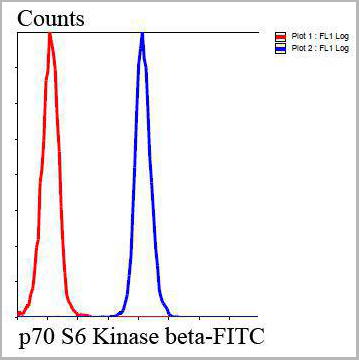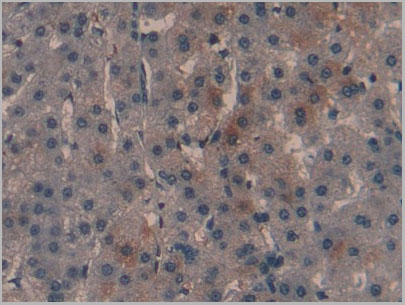Donkey Lactoferrin ELISA Kit | LF elisa kit
Donkey Lactoferrin ELISA Kit
Gene Names
LTF; LF; HLF2; GIG12
Reactivity
Donkey
Synonyms
Lactoferrin; N/A; Donkey Lactoferrin ELISA Kit; LF elisa kit
Reactivity
Donkey
Assay Type
Quantitative Sandwich
Detection Range
31.2ug/ml-1000ug/ml
Sensitivity
5.0ug/ml
Intra-assay Precision
Intra-assay CV (%) is less than 15%.
Inter-assay Precision
Inter-assay CV (%) is less than 15%. [CV(%) = SD/mean ×100]. All CV% should be compared by concentration, not compared by OD values.
Preparation and Storage
Store all reagents at 2-8 degree C
Related Product Information for LF elisa kit
Background: This Quantitative Sandwich ELISA kit is for lab reagent/research use only, not for drug, household, therapeutic or test applications! This kit is intended to be used for determine the level of LF (hereafter termed "analyte") in undiluted original Donkey serum, plasma or tissue homogenates samples. For other sample types please contact tech support to determine compatibility with this assay. This kit is not suitable for assaying non-biological sources of substances.
NCBI and Uniprot Product Information
NCBI GI #
NCBI GeneID
UniProt Accession #
Molecular Weight
78,182 Da
NCBI Official Full Name
lactoferrin
NCBI Official Synonym Full Names
lactotransferrin
NCBI Official Symbol
LTF
NCBI Official Synonym Symbols
LF; HLF2; GIG12
NCBI Protein Information
lactotransferrin; talalactoferrin; neutrophil lactoferrin; growth-inhibiting protein 12
UniProt Protein Name
Lactotransferrin
UniProt Gene Name
LTF
UniProt Synonym Gene Names
GIG12; LF; Lactoferrin; Lfcin-H
UniProt Entry Name
TRFL_HUMAN
Similar Products
Product Notes
The Donkey LF ltf (Catalog #AAA35028) is an ELISA Kit and is intended for research purposes only. The product is available for immediate purchase. The AAA35028 ELISA Kit recognizes Donkey LF. It is sometimes possible for the material contained within the vial of "Lactoferrin, ELISA Kit" to become dispersed throughout the inside of the vial, particularly around the seal of said vial, during shipment and storage. We always suggest centrifuging these vials to consolidate all of the liquid away from the lid and to the bottom of the vial prior to opening. Please be advised that certain products may require dry ice for shipping and that, if this is the case, an additional dry ice fee may also be required.Precautions
All products in the AAA Biotech catalog are strictly for research-use only, and are absolutely not suitable for use in any sort of medical, therapeutic, prophylactic, in-vivo, or diagnostic capacity. By purchasing a product from AAA Biotech, you are explicitly certifying that said products will be properly tested and used in line with industry standard. AAA Biotech and its authorized distribution partners reserve the right to refuse to fulfill any order if we have any indication that a purchaser may be intending to use a product outside of our accepted criteria.Disclaimer
Though we do strive to guarantee the information represented in this datasheet, AAA Biotech cannot be held responsible for any oversights or imprecisions. AAA Biotech reserves the right to adjust any aspect of this datasheet at any time and without notice. It is the responsibility of the customer to inform AAA Biotech of any product performance issues observed or experienced within 30 days of receipt of said product. To see additional details on this or any of our other policies, please see our Terms & Conditions page.Item has been added to Shopping Cart
If you are ready to order, navigate to Shopping Cart and get ready to checkout.



















